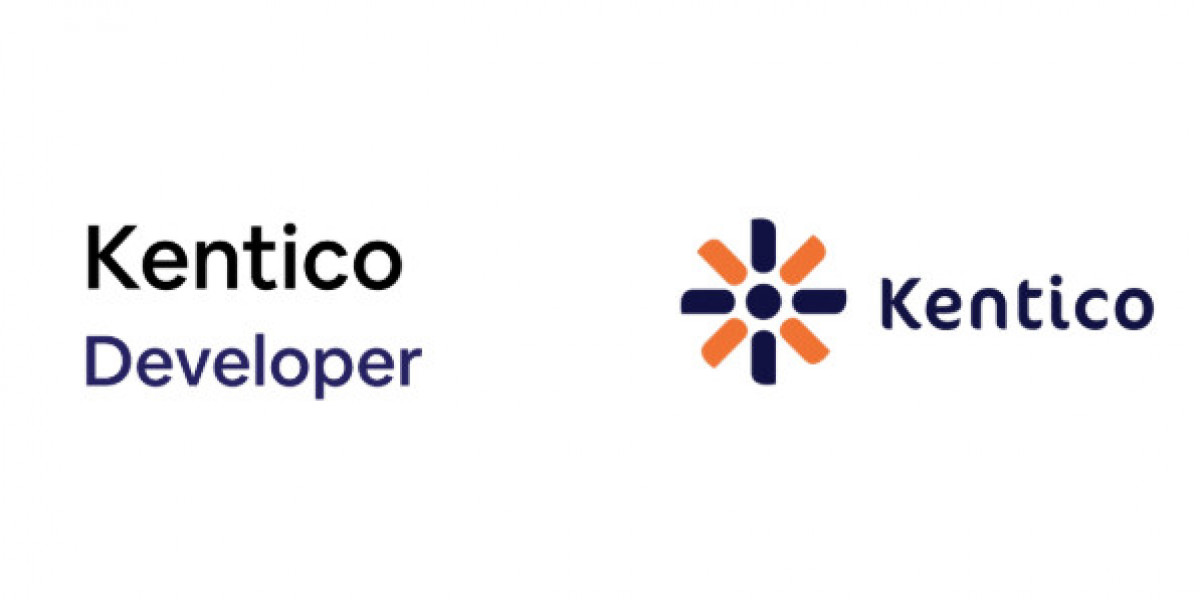Finding the right Kentico developer isn’t just about ticking technical skills off a checklist. It’s about hiring someone who understands the platform inside out and can customize it to fit your business needs seamlessly. With over 25,000 websites worldwide powered by Kentico, businesses need professionals who can handle its complexities while delivering a smooth user experience.
But how do you separate an average Kentico developer from a great one? What skills and qualities should you prioritize? Let’s break it down.
1. Deep Understanding of Kentico CMS & Kentico Xperience
Kentico isn’t just another content management system—it’s a robust digital experience platform (DXP) that includes content management, online marketing, and eCommerce features. A skilled Kentico developer should have hands-on experience with:
Kentico Xperience for content personalization and automation.
Kentico EMS for customer insights and advanced marketing capabilities.
Custom Module Development to extend the platform’s functionalities.
Kentico API & Integration with third-party tools like CRMs and ERPs.
The more experience they have with building custom solutions on Kentico, the better they can tailor it to your specific business needs.
2. Strong Proficiency in .NET & ASP.NET Core
Kentico is built on ASP.NET, so your developer should be well-versed in:
C# programming
ASP.NET MVC & ASP.NET Core
Entity Framework & LINQ
SQL Server for database management
A deep understanding of these technologies ensures they can develop, optimize, and troubleshoot Kentico applications efficiently. Without this foundation, they might struggle with performance tuning and custom development.
3. Experience in Customizing Kentico for Business Needs
Every business has unique requirements, and a great Kentico developer knows how to adapt the CMS accordingly. They should be able to:
Create custom web parts, widgets, and modules tailored to your workflow.
Develop custom themes and templates for a unique brand experience.
Implement Kentico’s API to integrate external services like payment gateways and marketing automation tools.
A developer who understands your industry can make smarter, business-driven decisions when customizing Kentico.
4. SEO & Performance Optimization Knowledge
A Kentico developer isn’t just a coder—they should also understand how to optimize websites for speed and search engines. Some key areas to focus on include:
Optimized code structure to prevent slow load times.
Kentico caching strategies to enhance site speed.
Mobile responsiveness for better user experience.
SEO-friendly development, including schema markup and URL structuring.
This ensures that the website not only looks good but also ranks well on Google and provides a seamless user experience.
5. Security & Compliance Expertise
With increasing cyber threats, security is non-negotiable. A skilled Kentico developer should be well-versed in:
Kentico’s security best practices to prevent data breaches.
GDPR, CCPA, and HIPAA compliance if handling sensitive data.
Secure authentication and authorization to prevent unauthorized access.
Regular security audits to identify vulnerabilities before they become a problem.
A developer who prioritizes security ensures your business doesn’t face compliance issues or security breaches.
6. Problem-Solving Mindset & Debugging Skills
No project is free from roadblocks. Whether it’s a database crash, slow page load, or integration failure, a good Kentico developer should be quick at troubleshooting.
Some key skills include:
Debugging Kentico event logs and resolving errors.
Using Visual Studio debugging tools for troubleshooting.
Optimizing database queries to prevent performance issues.
Fixing compatibility issues after system updates.
Their ability to solve problems efficiently can save you time and money in the long run.
7. Effective Communication & Teamwork
Even the most technically skilled developer won’t be valuable if they can’t communicate clearly. Whether working with designers, marketers, or stakeholders, they should be able to:
Translate technical jargon into easy-to-understand terms.
Collaborate with non-technical teams for better project alignment.
Provide regular updates and documentation to ensure transparency.
A developer who can listen, understand your business goals, and provide clear solutions is always a better hire than someone who works in isolation.
8. Experience with Kentico Upgrades & Migration
Kentico releases new versions regularly, and upgrading from Kentico 12 to Xperience 13 (or newer) can be complex. A competent developer should be familiar with:
Kentico’s upgrade process and how to handle legacy features.
Migrating content, databases, and custom modules with minimal downtime.
Testing and debugging post-migration issues to ensure a smooth transition.
An experienced developer will future-proof your Kentico setup so that it stays up to date and scalable.
Zenesys – Your Reliable Kentico Development Partner
If you’re looking for highly skilled Kentico developers, Zenesys is a name you can trust. With years of hands-on experience in Kentico development, they offer:
Custom Kentico solutions tailored to your business.
Kentico Xperience & EMS expertise for advanced digital experiences.
Seamless Kentico upgrades & migrations without downtime.
End-to-end security & compliance support.
Whether you need a full-scale Kentico website or just expert guidance, Zenesys has the right team to bring your vision to life.
Final Thoughts
Hiring a Kentico developer isn’t just about technical skills—it’s about finding someone who understands your business, communicates well, and ensures long-term success. Prioritize candidates who have hands-on experience, security expertise, problem-solving abilities, and a business-oriented mindset.









